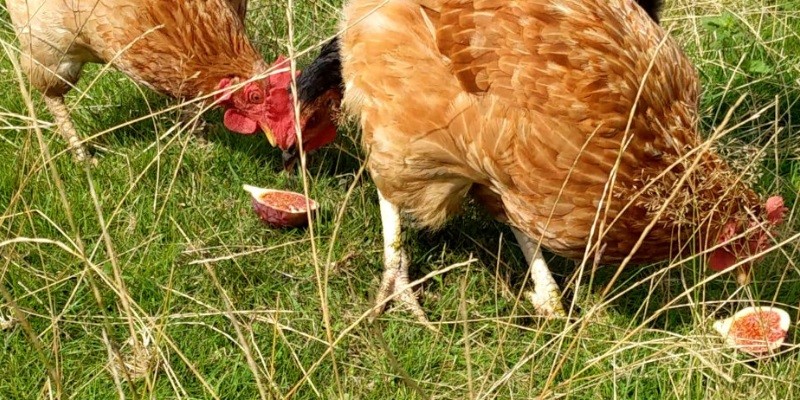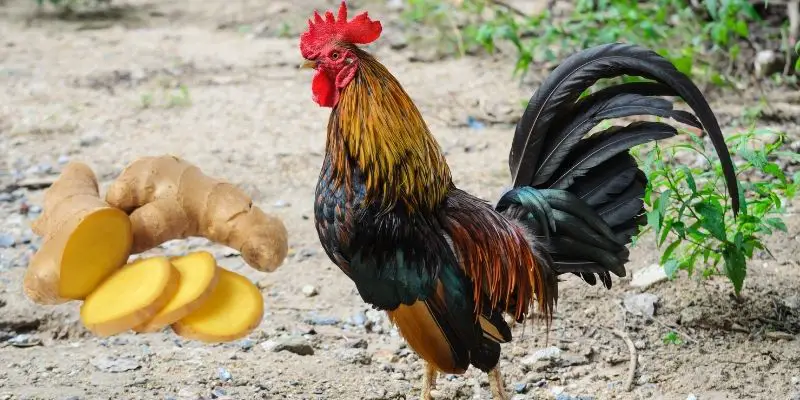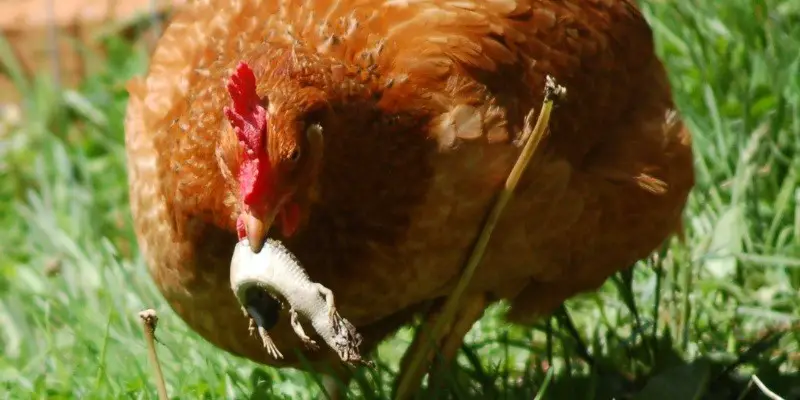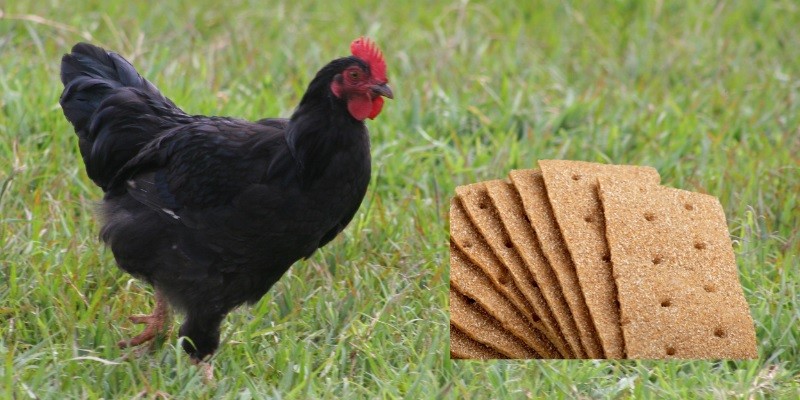Figs are a delicious, sweet fruit that can be enjoyed by humans and animals alike. Chickens are no exception to this rule, and they love figs just as much as we do! However, there are a few things to keep in mind when feeding figs to your chickens.
Chickens are omnivores, so they can technically eat figs. However, that doesn’t mean that it’s a good idea to give them figs as a regular part of their diet. Figs are high in sugar, and too much sugar can lead to health problems for chickens.
If you do decide to give your chickens figs, do so in moderation and as a treat, not as regular food.
Can chickens have figs?
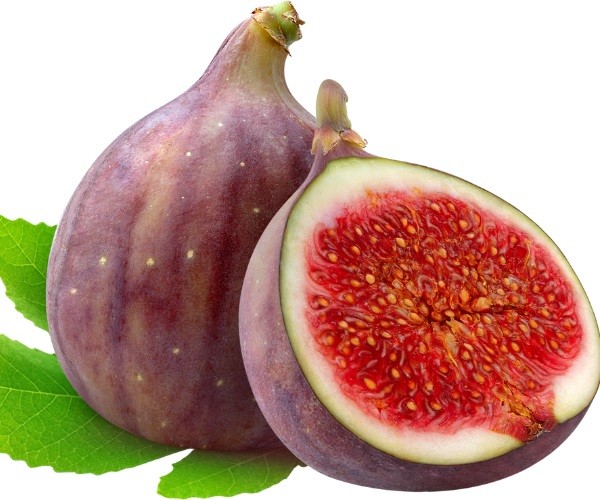
Yes, chickens can have figs. Chickens are omnivores, so they can eat both meat and plants. Figs are a good source of vitamins and minerals for chickens.
They are also a good source of fiber.
What fruits are toxic to chickens?
There are a few fruits that are toxic to chickens and can cause serious health problems. These include: -Avocados: The pit and skin of avocados contain a toxin called persin which can cause respiratory distress, fluid accumulation around the heart, and even death in chickens.
Cherries: Both the pits and leaves of cherries contain cyanide, which is toxic to chickens and can cause respiratory failure and death.
Chocolate: Chocolate contains theobromine, a compound that is toxic to chickens and can cause heart problems, seizures, and death.
Rhubarb: The leaves of rhubarb plants contain oxalic acid, which can cause kidney damage and death in chickens.
Tomatoes: The stems and leaves of tomato plants contain solanine, a compound that is toxic to chickens and can cause gastrointestinal problems, paralysis, and death.
What foods should not be fed to chickens?
Chickens are omnivorous creatures, which means they will pretty much eat anything you put in front of them. However, there are some foods that you should avoid feeding your chickens, as they can be harmful to their health. One food to avoid is raw beans.
Raw beans contain a toxin called hemagglutinin, which can cause red blood cells to clump together and can be fatal to chickens. Cooked beans are fine to feed to chickens, but raw beans should be avoided. Another food to avoid is avocados.
The pits and skin of avocados contain a toxin called persin, which can be fatal to chickens. The flesh of the avocado is fine to eat, but the pits and skin should be avoided. Chocolate is another food to avoid feeding to chickens.
Chocolate contains a toxin called theobromine, which can be harmful to chickens.
Can dogs eat figs?
Yes, dogs can eat figs, and they are actually a fairly healthy treat for them. Figs are a good source of fiber, vitamins, and minerals, and they can help to promote healthy digestion. However, as with any treat, you should give them in moderation and make sure that your dog does not have any allergies to them.
Can chickens eat figs and how many?
Can chickens eat dried figs?
If you have chickens, you may be wondering if you can feed them dried figs. The answer is yes! Chickens can eat dried figs as a treat.
Just make sure that the figs are unsweetened and that you offer them in moderation.
Can chickens eat dried cranberries?
Yes, chickens can eat dried cranberries. These little fruits are packed with nutrients that can be beneficial for your feathered friends. Cranberries are a good source of vitamin C, which can help to boost the immune system.
They also contain antioxidants, which can help to protect cells from damage. Dried cranberries can be a healthy treat for your chickens, but be sure to offer them in moderation. Too many can cause digestive upset.
Can chickens eat fig tree leaves?
Chickens are omnivores and will eat just about anything, including fig tree leaves. However, just because they will eat something doesn’t mean that it’s good for them. Fig tree leaves are actually poisonous to chickens and can cause them to become very ill.
If you have a fig tree in your yard, make sure that your chickens can’t get to it.
Can goats eat figs?
Yes, goats can eat figs. Figs are a good source of nutrients for goats, including vitamins A and C, potassium, and calcium. Goats can eat both fresh and dried figs.
When feeding figs to goats, it is important to make sure that the figs are not moldy or spoiled.
Conclusion
Chickens can eat figs with no problem. Just make sure to remove the seeds first as they can be a choking hazard. Figs are a good source of fiber and vitamins for chickens.
Last Updated on January 14, 2025 by Pauline G. Carter

